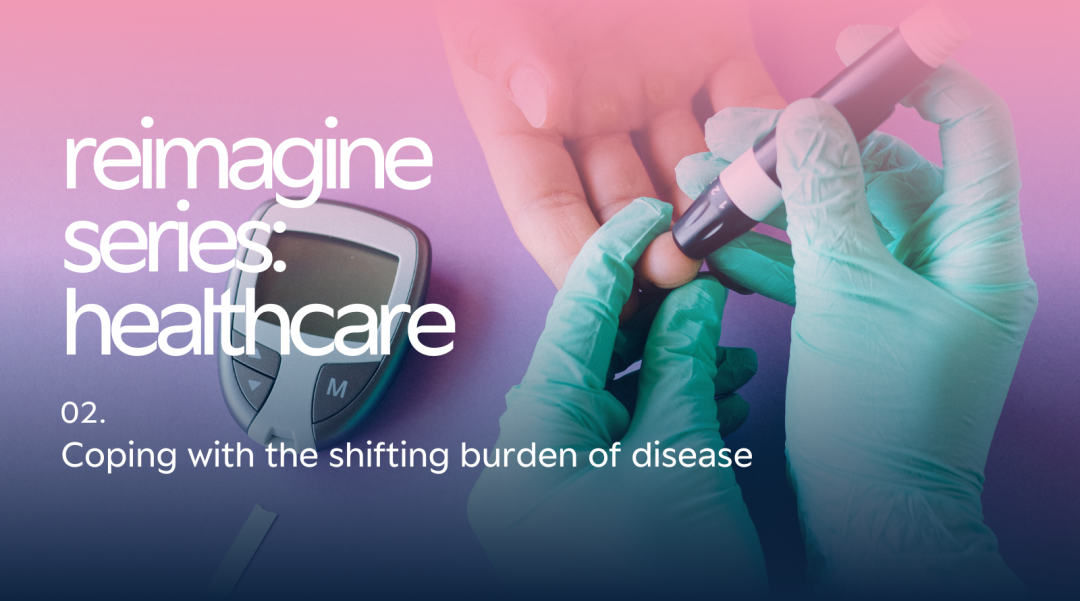In their paper ‘The end of greenwashing? A Renewed Infrastructure for CSR Information in the New Normal‘?’, Janet Su, PhD and Prof. Gaia Melloni, both at HEC Lausanne (UNIL) and Ariela Caglio, Bocconi University (Italy) use a systems thinking approach to create a new framework that companies and other stakeholders can use to tackle greenwashing and help save the planet. Interview with Janet Su.
Many companies claim to be socially and environmentally responsible, yet global emissions and pollution continue to increase. Why isn’t CSR (Corporate Social Responsibility) reporting working?
One main reason is that most CSR reporting is voluntary. Firms can report whatever suits them, without much scrutiny or fear of sanctions if they engage in greenwashing – the gap between a company’s CSR claims and its actions.
It seems a difficult problem to solve, but you and your co-authors offer a new approach to reducing greenwashing.
We suggest taking a systems approach where organizations think about themselves as part of a broader ecosystem. If a firm behaves in ways that benefit the entire ecosystem, its consumers and suppliers, shareholders and society, rather than selfishly, that firm will also benefit. Everyone progresses. In our paper we describe a ‘new normal’ for CSR reporting that we can all work towards.
You highlight four factors that stakeholders can focus on – stakeholder values, technology and the access to firms’ CSR information, awareness of greenwashing and sustainability issues, and greater regulatory scrutiny – to create the conditions for reducing greenwashing. Can you say a little about these?
So for stakeholder values it’s about companies moving away from shareholder profit as a driving purpose towards a situation where they consider the impact of their actions on all stakeholders – consumers, employees, society, other firms, communities – when taking decisions. And that should also include nature and the environment as stakeholders in their own right. That approach then carries through to the reporting.
With technology, primarily we’re thinking about access to transparent information and the role of technology such as social media algorithms in facilitating that. Ideally we would have open and interactive communication with companies in real time on CSR issues. Where any misinformation can be quickly identified and dealt with.
With awareness we need better knowledge about greenwashing, an agreed definition and a clear way of identifying it. Ideally, people should be educated about greenwashing and CSR issues, both in the education system and the workplace. Just as companies should be educating their consumers. We must also teach critical thinking skills to enable people to evaluate information sources properly.
And then on regulation the best outcome would be mandatory standardized regulation around environmental social and governance information that’s auditable, just like the financials.
How can people use your model?
Firms should consider all four factors and try to progress towards the ideal state described in the paper. They’re a set of guiding principles on how to behave that will reduce greenwashing and the damage it does. Providing more information or adopting safer and more responsible practices isn’t going to hurt firms, but it will benefit everyone in the ecosystem. It’s win-win. Other stakeholders, such as consumers and activists, can use our framework as a checklist to see if companies are behaving appropriately compared with the ideal behaviour and identify those more likely to be greenwashing. Firms are often painted as the bad guys, trying to dodge regulations and engaging in greenwashing. But many firms are trying hard to be better at CSR – more ethical, more sustainable. Unfortunately they may not have the right tools or know where to start. We provide a framework that firms can use to work towards better reporting and that’s also useful for other stakeholders.
Photo credits: © Kondratova | Dreamstime.com



